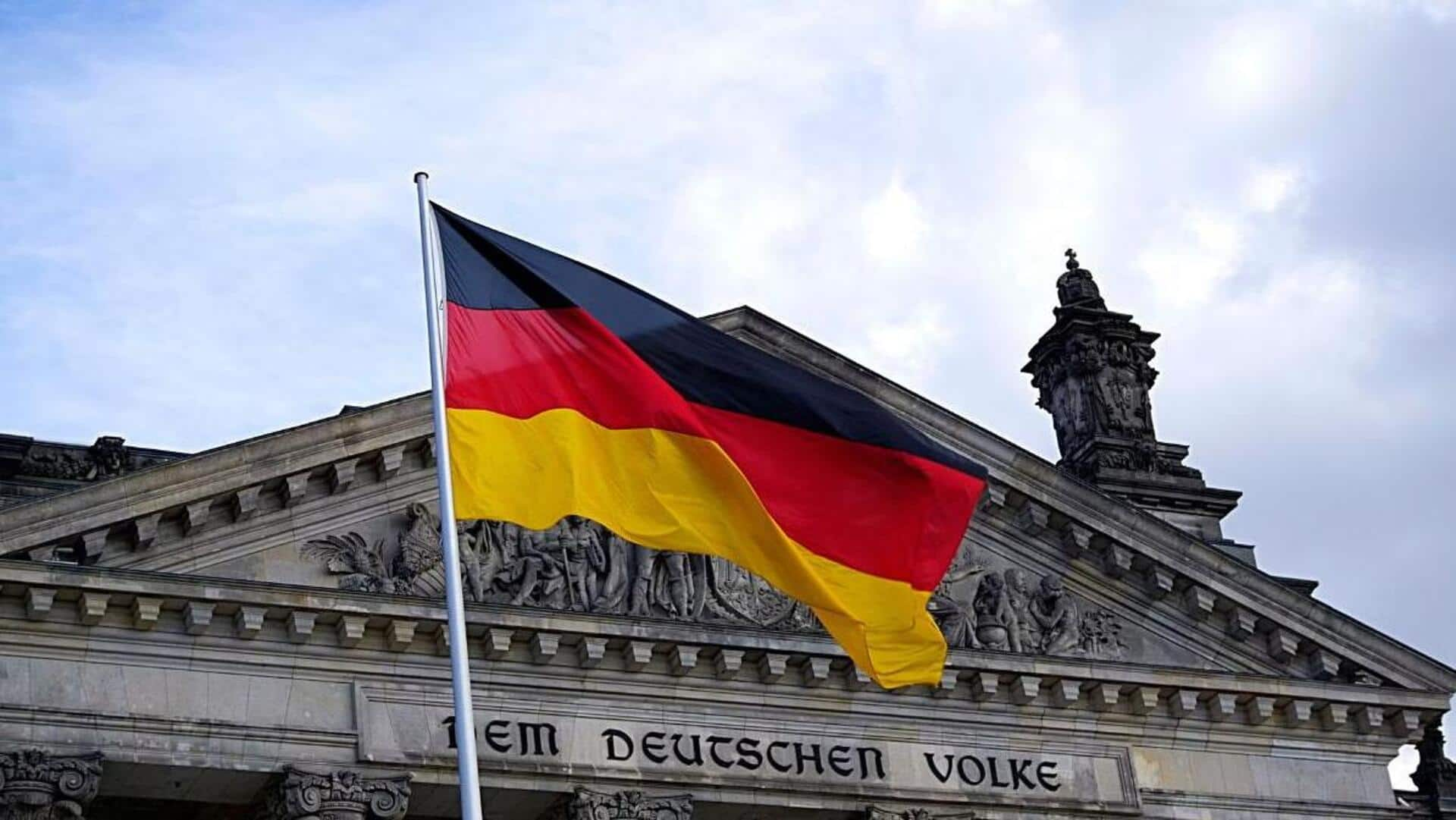
Germany's economy contracts in third quarter
What's the story
In the third quarter, Germany's economy saw a minor decline quarter-on-quarter (QoQ), about 0.1%, as reported by the nation's federal statistics agency Destatis. This downturn comes as Europe's leading economy faces high inflation and increased interest rates following Russia's invasion of Ukraine last year. Carsten Brzeski, global head of macro at ING, told Reuters, "These data alone underline that the German economy has at least become one of the growth laggards of the eurozone."
Details
Factors weighing on Germany's economy
Brzeski pointed out ongoing obstacles for Germany's economy, including the European Central Bank's tightened monetary policy, an unchanging inventory cycle, and emerging geopolitical uncertainties. He further stated, "The German economy looks set to remain in the twilight zone between minor contraction and stagnation not only this year but also next year." Joerg Kraemer, Commerzbank's chief economist, also expressed skepticism about a rebound in consumption, saying it is "unlikely to recover as optimists had hoped."
What Next?
Inflation impact and GDP revisions
During the third quarter, high inflation led to a decrease in household consumption as it diminished consumers' purchasing power. Germany's primary CPI rate is anticipated to decline further in October. However, the statistics office reported that capital investment positively impacted GDP. Claus Vistesen, Pantheon Macroeconomics's chief eurozone economist, commented that Germany's economy is "now firmly stuck in the mud" and questioned its potential recovery in the fourth quarter.
Insights
Germany sole advanced economy expected to contract in 2023
The International Monetary Fund (IMF) predicts that in 2023, Germany will be the only major advanced economy to experience a contraction, which could hinder the overall economic growth of the eurozone. Last week, the European Central Bank decided to maintain stable interest rates, following 10 consecutive rate hikes. German inflation slowed to 4.5% in September, the lowest level since the Ukraine war began, primarily due to reduced energy expenses. Germany's inflation data for October will be released later today.